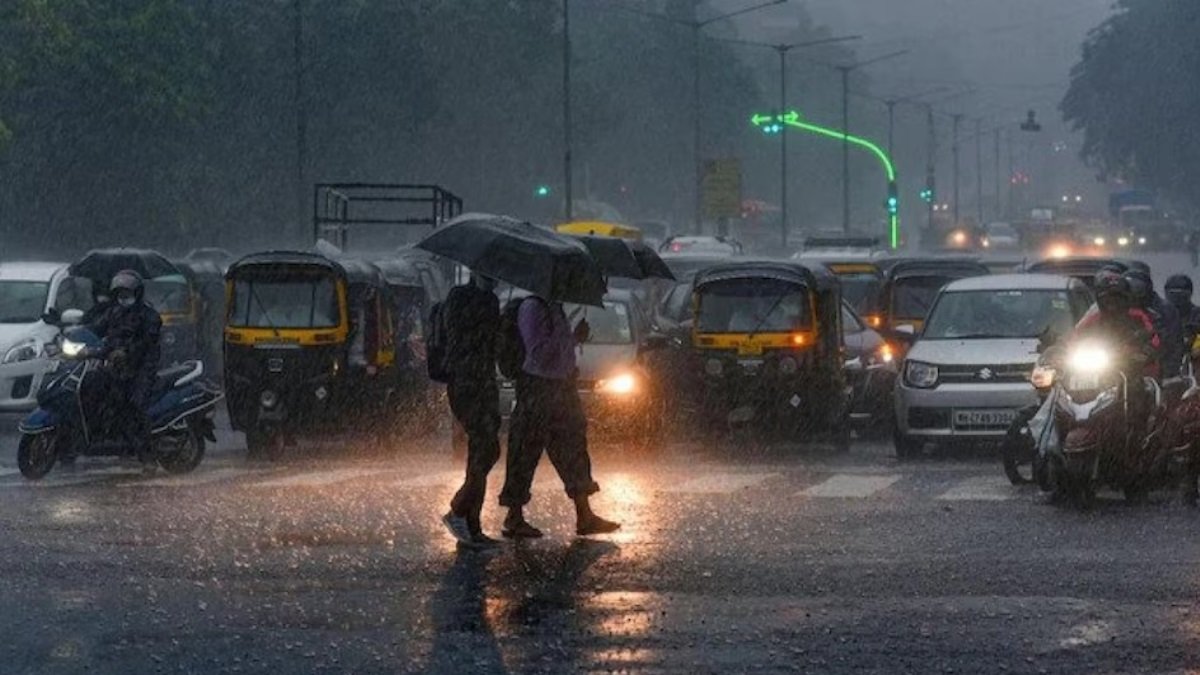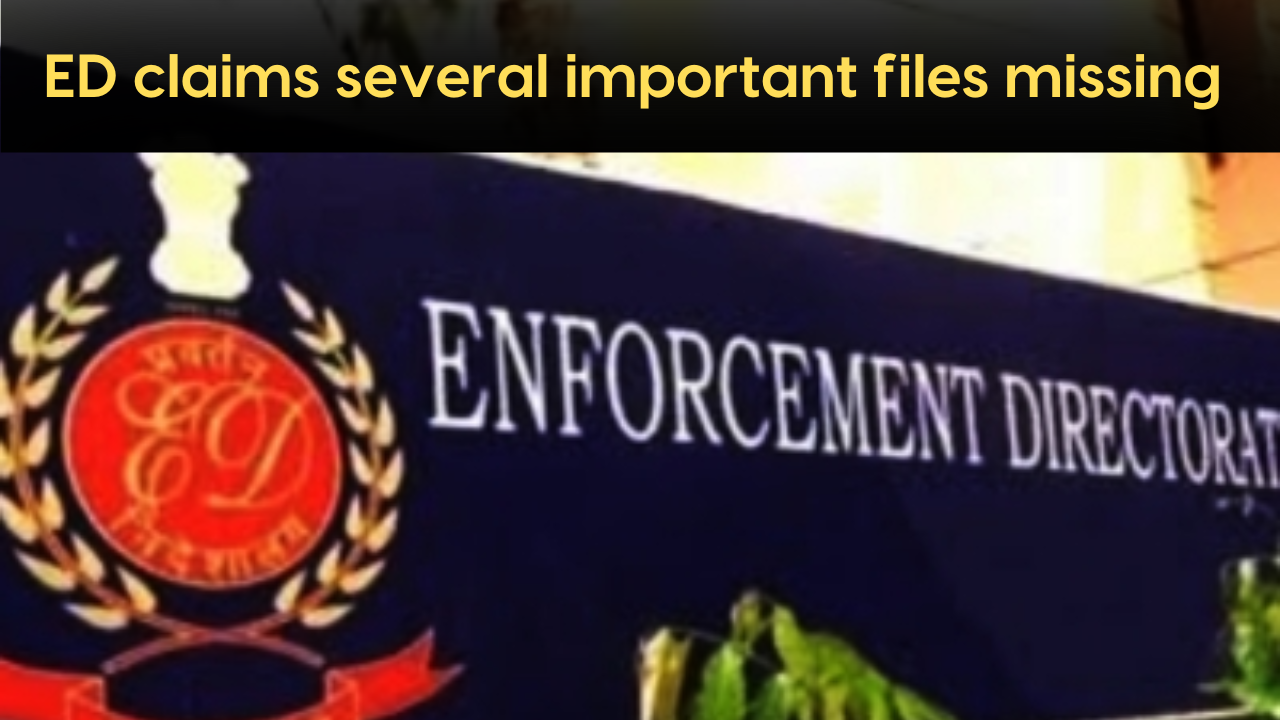TNR Desk
WhatsApp, one of the world’s leading messaging service platforms, made a significant statement before the Delhi High Court, asserting that if it were compelled to breach message encryption, the platform would cease to function in India.
This submission emerged during a hearing on petitions filed by WhatsApp and its parent company Facebook, challenging the recently amended Information Technology (IT) Rules.
Says won’t compromise on user privacy
Representatives for WhatsApp emphasised that enforcing such a requirement would compromise user privacy and disrupt the platform’s fundamental functionality. They argued that the rule amendments were introduced without any prior consultation, further highlighting concerns regarding privacy infringement.
In response to these assertions, the Ministry of Electronics and Information Technology (MeitY) presented its stance opposing the petitions. MeitY contended that WhatsApp had already violated Indian users’ fundamental rights by denying them dispute resolution mechanisms within the country. Additionally, MeitY pointed out that Facebook’s data management practices had drawn scrutiny from regulators worldwide, suggesting a need for greater accountability.
Govt wants new IT Rules implemented
The ministry underscored the importance of implementing the amended IT Rules, citing potential challenges for law enforcement agencies in tracing the origin of fake messages if the rules were not enforced. It warned of potential disturbances to societal peace and harmony, which could escalate into public order issues if unchecked.
Furthermore, MeitY outlined its approach to legislative frameworks, emphasising principles of openness, safety and accountability. The ministry argued that the statutory provisions and rules align with global jurisprudence on intermediary liability, particularly concerning “significant social media intermediaries.”
According to MeitY, such intermediaries play a crucial role in facilitating the exchange of information and ideas on a massive scale, necessitating their cooperation in upholding legal stipulations. The ministry asserted that while intermediaries may not create problematic content, they bear responsibility for addressing it within the framework of the law.
WhatsApp’s opposition to the new rules primarily revolves around concerns about compromising end-to-end encryption, which the company argues undermines user privacy. A spokesperson reiterated WhatsApp’s commitment to user privacy and expressed a willingness to engage with the Indian government on solutions that balance safety and privacy concerns.
What amended IT Rules suggest
The Information Technology (Intermediary Guidelines and Digital Media Ethics Code) Rules 2021, introduced by the Indian government on February 25, mandate a grievance redressal system for over-the-top (OTT) and digital media platforms. These rules have sparked significant debate and legal challenges from various stakeholders, highlighting the complex interplay between privacy, regulation, and technological innovation in the digital age.






